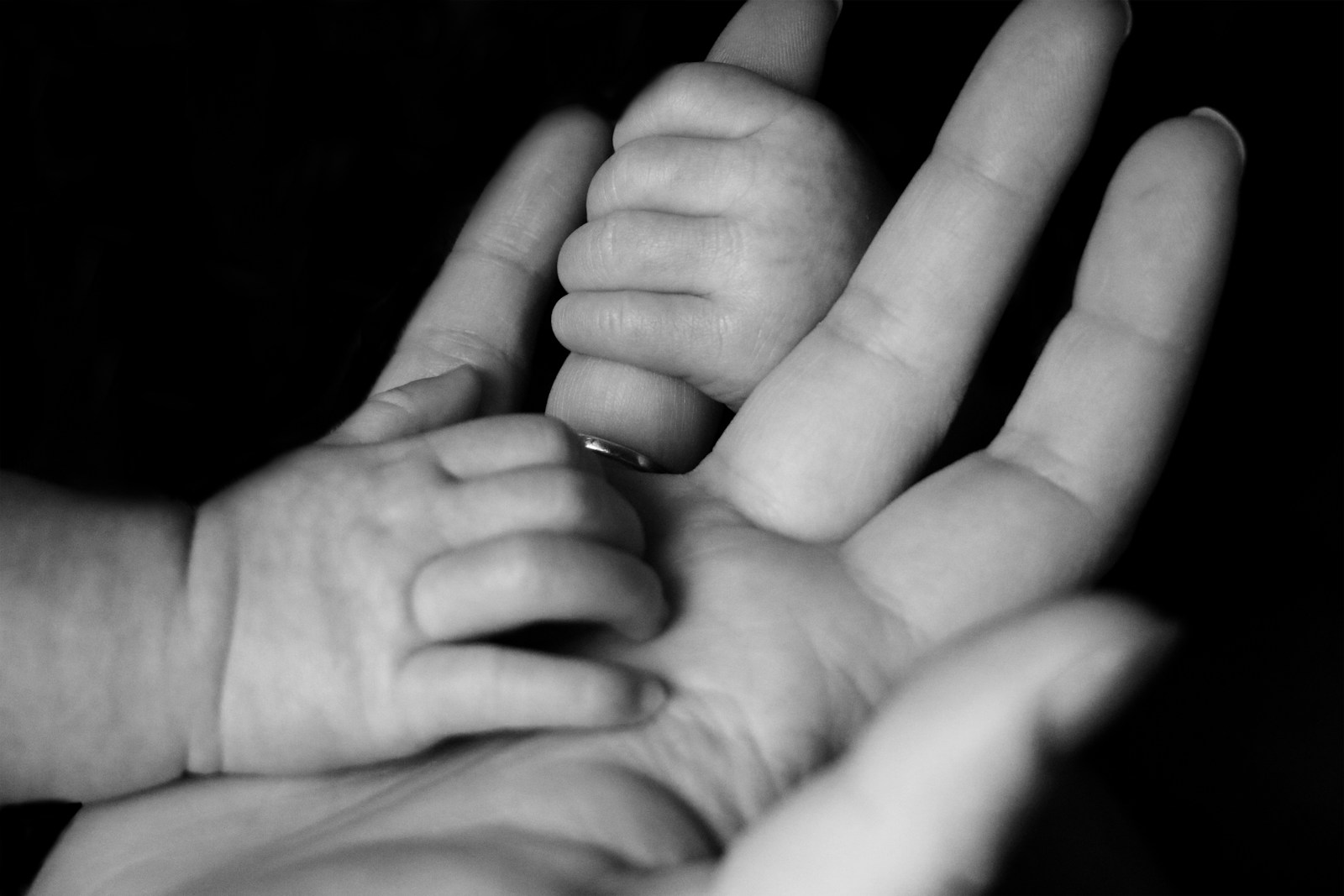
lavarse las manos

wash your hands
The phrase 'lavarse las manos' in Spanish translates to 'wash your hands' in English. This is an important phrase, often used in the context of personal hygiene and health. It involves using soap and water to clean your hands, which is a common practice around the world to prevent the spread of germs and disease.
Example sentences using: lavarse las manos
Voy a lavarse las manos antes de cocinar la cena.

I am going to wash my hands before cooking dinner.
This sentence uses the future verb tense 'Voy a', which means 'I am going to'. The phrase 'lavarse las manos' in this context means 'to wash one's hands'. It is followed by 'antes de', which means 'before', then the infinitive 'cocinar', meaning 'to cook', and 'la cena', meaning 'the dinner'.
Mi madre me recordó lavarse las manos después de jugar.

My mother reminded me to wash my hands after playing.
This statement employs the verb 'recordó', which means 'reminded', after the possessive 'mi', meaning 'my', and 'madre', meaning 'mother'. After, we have 'me', in this case acting as 'to me'. Then, the phrase 'lavarse las manos' is used, meaning 'to wash the hands'. 'Después de' translates to 'after', followed by infinitive verb 'jugar', meaning 'to play'.
Es importante lavarse las manos regularmente para mantenerse saludable.

It's important to wash hands regularly to stay healthy.
This sentence starts with 'Es importante', which means 'It's important'. Then, the verb 'lavarse las manos' means 'to wash the hands'. 'Regularmente' translates to 'regularly'. Lastly, 'para mantenerse saludable' means 'to stay healthy'.